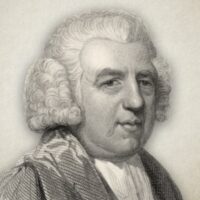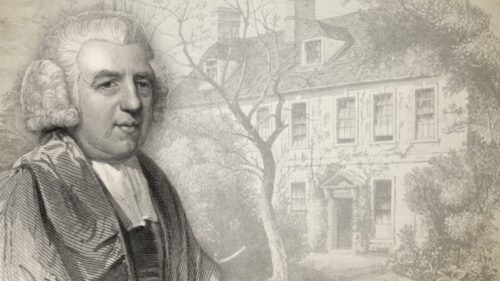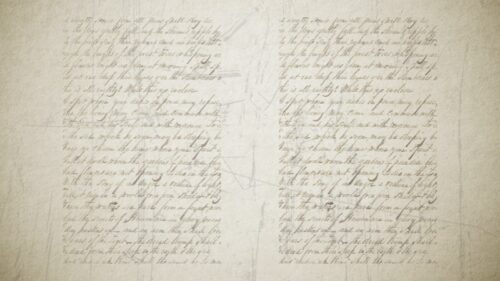Let Us Therefore Come Boldly
Some of the points covered in this sermon:
• Identifying the main structure of Hebrews 4:14-16
• Examining Paul’s purpose for writing the Epistle to the Hebrews
• Explaining how the gospel of grace in the New Testament is the same gospel of grace in the Old Testament
• Highlighting the three offices ordained by God to meet the sinner’s need—(1) king, to rule the sinner; (2) prophet, to represent God to the sinner; (3) priest, to represent the sinner to God
• Highlighting the three parts to the office of priest
• Explaining how Jesus, the Son of God, perfectly fulfills the three parts as the sinner’s great high priest
• Connecting the intercession of Christ with the petitions of His people
• Explaining what it means to “hold fast our profession”
• Explaining what it means to “come boldly unto the throne of grace”
• Explaining how the sinner is able to “obtain mercy”
• Explaining how the sinner is able to “find grace to help in time of need”
John Newton (1725-1807) was an English Anglican preacher, hymn writer and humanitarian. Prior to faith in Christ, he served as the captain of slave ships and made a living in the slave trade. After his conversion to Christ, he renounced slavery and became one of the leading abolitionists in England. He was ordained a cleric in the Church of England serving as parish priest at Olney, Buckinghamshire, for twenty years. Among Evangelical circles, he is best known for his hymns, among which are “Glorious Things Of Thee Are Spoken” and “Amazing Grace”.
John Newton Hymn Studies





